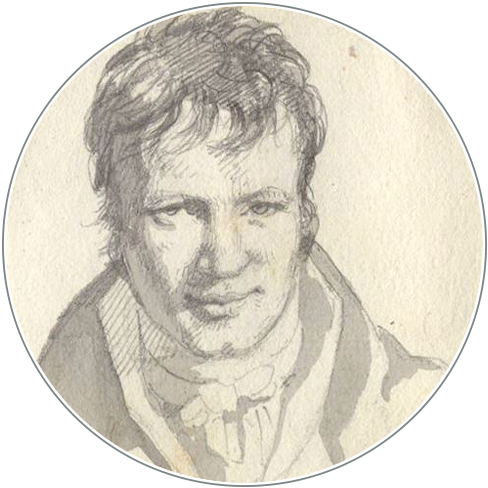Ambiguity as Principle
Alexander von Humboldt in the Revolution of 1848
DOI:
https://doi.org/10.18443/378Keywords:
Revolution 1848; Political Convictions; Liberalism; Constitutional MonarchyAbstract
This article investigates Alexander von Humboldt’s position vis-à-vis the German revolution of 1848 and illuminates the different roles that scientists played in the public arena. Humboldt never committed himself to any political ideology or national movement. Instead, he maintained ambiguity as a social strategy and guiding principle to navigate through the revolutionary turmoil, interact with people of different political opinions, and stay true to his scholarly priorities. With great caution, Humboldt signaled his support for a constitutional monarchy and civil rights while remaining fearful of radical regime changes and violence. Retrospective attributes such as ‘democratic’ and ‘republican’ miss the ambiguity in his political stance and his loyalty to the Prussian king. Humboldt’s understanding of politics remained personalized and reserved; it was situational and bound to conversational settings.

Published
How to Cite
Issue
Section
License
Copyright (c) 2025 Andreas W. Daum

This work is licensed under a Creative Commons Attribution-NonCommercial 4.0 International License.
HiN operates under a Creative Commons-Licence (CC BY-NC 4.0), which permits the reproduction of articles, free of charge, for non-commercial use only and with the appropriate citation information. All authors publishing with HiN accept these terms of publication.
Authors retain the copyright for their articles and reviews. Copyright of the layout and design of HiN articles remains with the journal and cannot be used in other publications.









